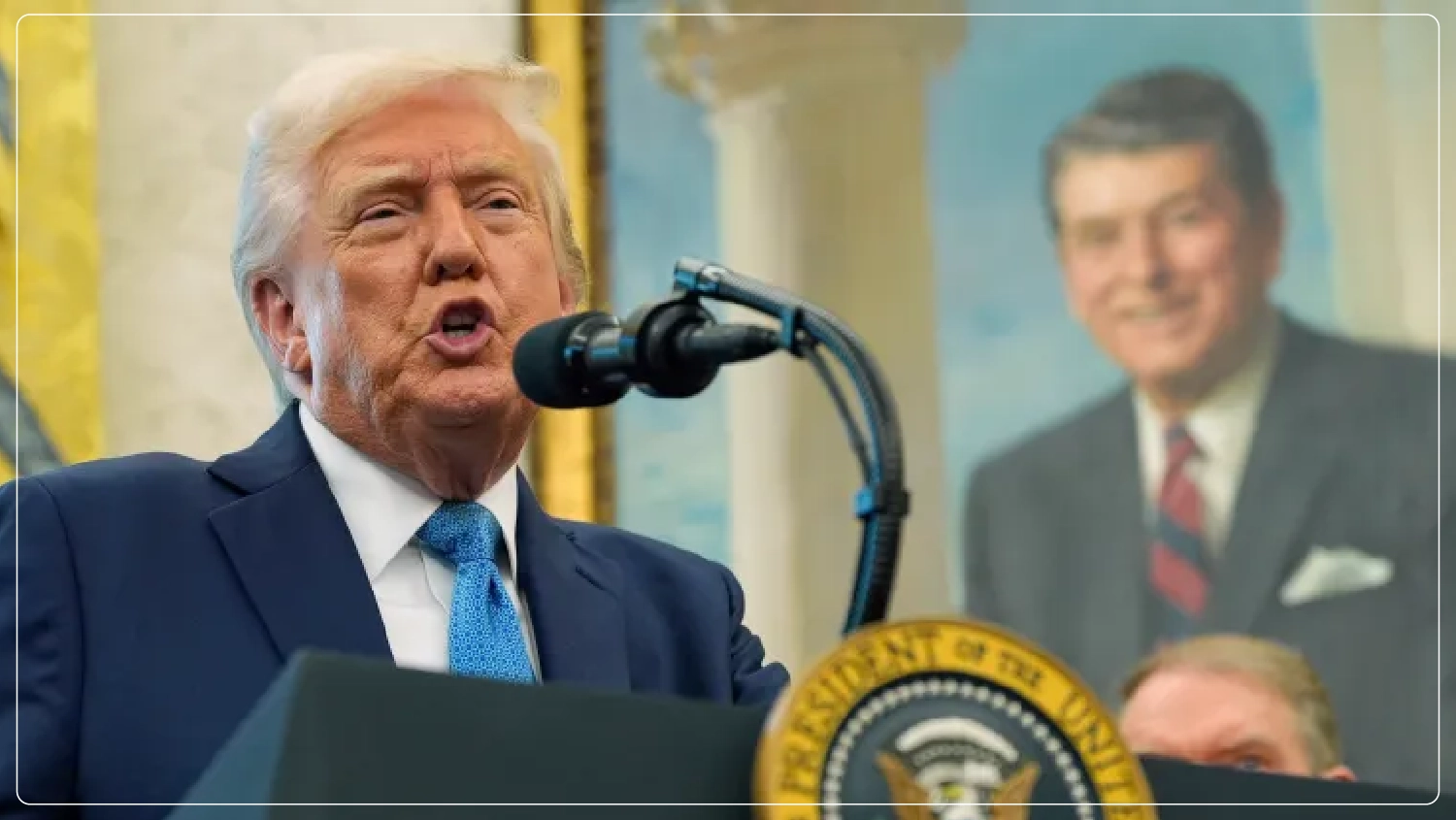April 2025
The two countries United States and China, engaged in a trade war after the prolonged reciprocal tariffs imposed by US President Donald Trump and counter levies by President Xi Jinping. The markets are conflicting and are affecting supply chains. The impact on the pharmaceutical sector will harm the health of Americans. The Trump administration has started the investigation into the medication imports and the required ingredients to produce, as the US imports 75% of its crucial medicines. It has been turned down as a national security threat to the US, along with sectoral tariffs. Which might exceed the range from 75% to 100%, including 145% of the same tariff imposed on China. Trump’s reciprocal tariff has not been imposed on the pharmaceutical sector, with potential sectoral levies in the pipeline to date.

Pharmaceutical prices for consumers are not like other goods, these prices are fundamental and dependent on instant market fluctuation. The complexity of the pharmaceutical supply chain shows the failure between tariffs and patients. The real tension for citizens and patients is what price they will pay at local pharmaceutical stores. Also, there are stockpiles in the supply chain. Same with Wholesalers like pharmaceutical giants and the federal government. The situation is much like the COVID-19 Pandemic, where pharmaceutical companies and health providers gained increased profit. India supplies half of the generic drugs to the US. The possibility depends on China for 80% of its active pharmaceutical ingredients (API), made from chemical compound medications.
The accelerating increase of tariffs will adversely affect patients on a large scale, risking their health security. Eli Lilly and Johnson and Johnson raised the same concern on the tariff on healthcare. Though Pharma giants will be able to profit from these tariffs temporarily. It will indirectly affect the insurance premium rate, mainly for American netizens who highly depend on drugs daily.
Highlighting the concern, the Chairman of the board of AstraZeneca, Michel Demare, said, We oppose the tariff on the healthcare sector, on medicines. This will interrupt and disturb the patient's health and prohibit health equity.
Professor of health policy at the CUNY Graduate School of Public Health and Health Policy, Bruce Y Lee, made a strong intellectual statement saying, Pharmaceutical is not a consumer good, so the demand for it will not be flexible. A tariff is imposed to increase the cost, which will not affect the demand scale, but the patients will suffer the most.
After President Donald Trump imposed reciprocal tariffs, China is reverting impulsively. The impact that China will be accountable for considering the healthcare sector to impose a tariff on. The political conflict between China and the US knows no boundaries. The tariff will indirectly cause major harm to patients and less privileged netizens. It will also hinder trading. The renegotiation will save the future of a large population.
April 2025
April 2025
April 2025
April 2025